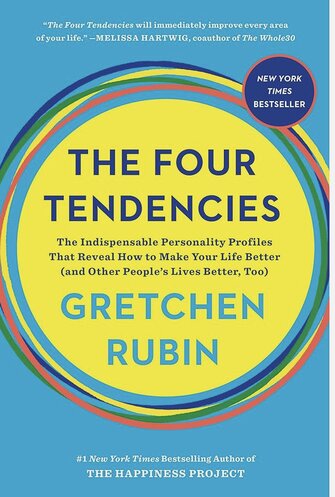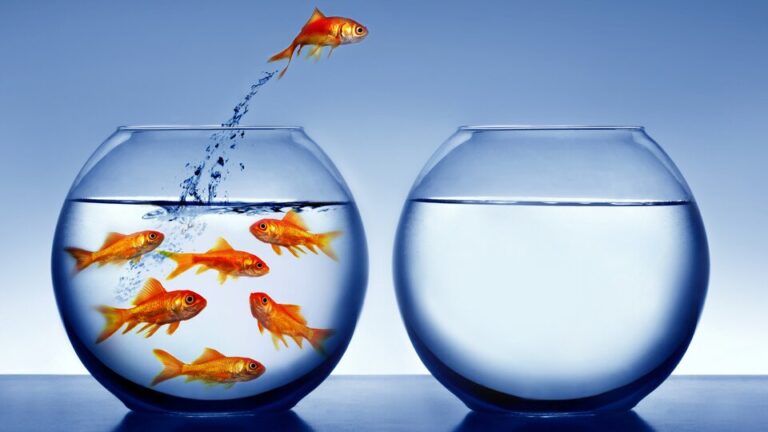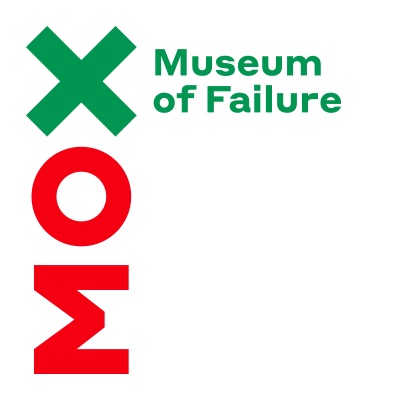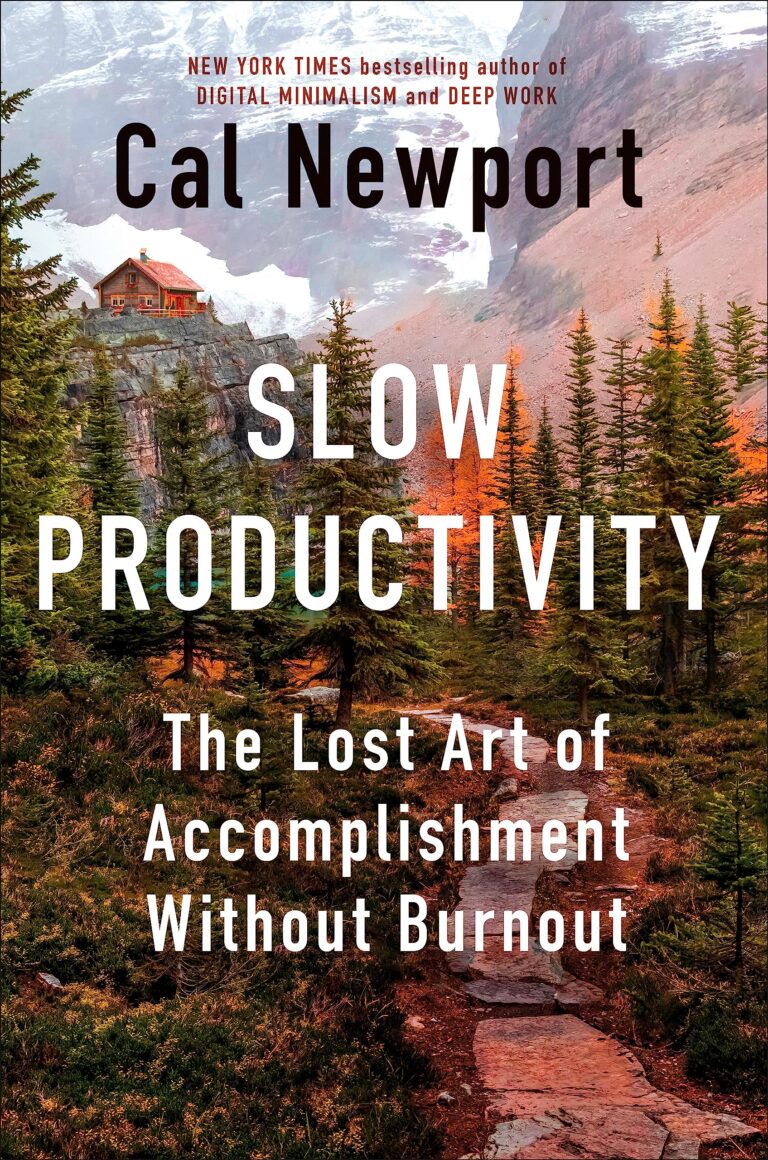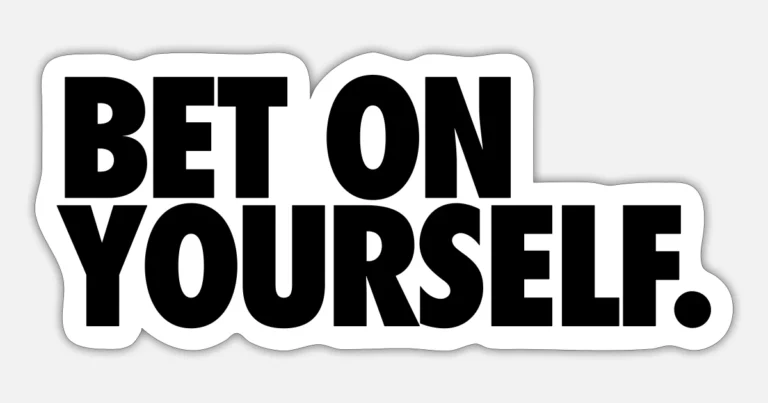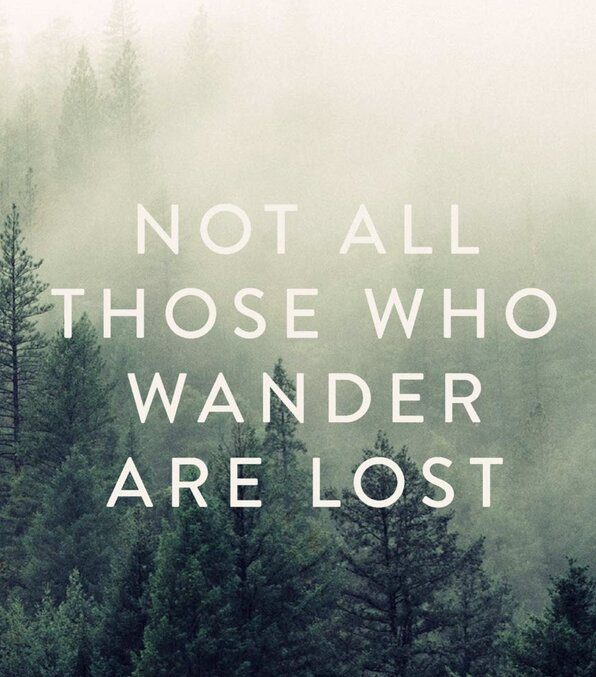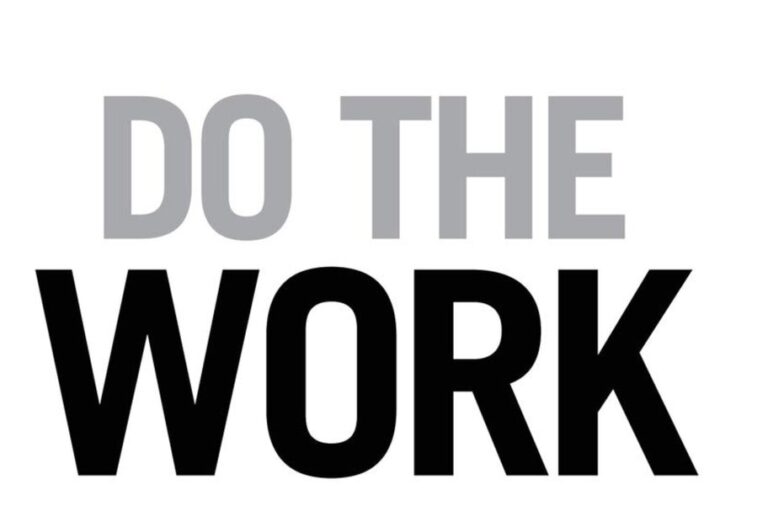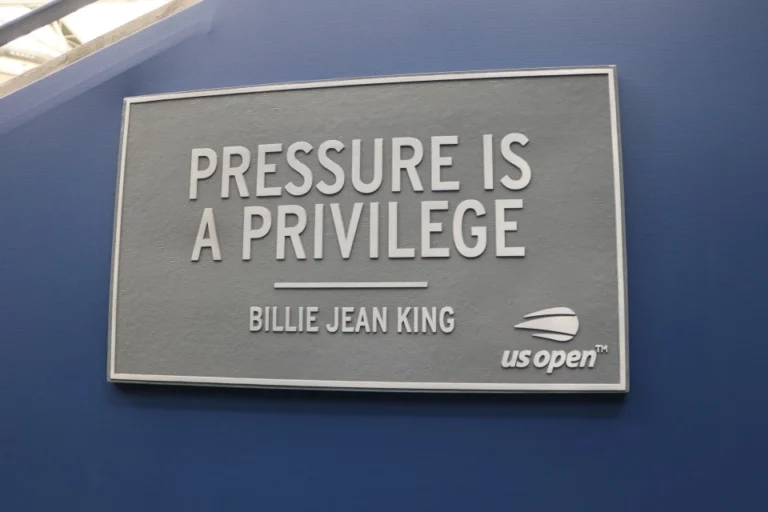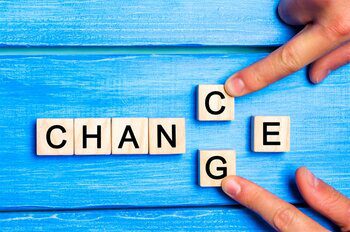Based on a question she was curious about, “How do I respond to expectations?” author Gretchen Rubin discovered that people fit into Four Tendencies: Upholders, Questioners, Obligers, and Rebels. In The Four Tendencies: The Indispensable Personality Profiles That Reveal How to Make Your Life Better (and Other People’s Lives Better, Too), Gretchen provides a framework for understanding behavioural patterns and how we primarily respond to expectations.
A thermostat is a regulating device component that senses a physical system’s temperature and performs actions to maintain the system’s temperature near a desired setpoint. 1 A thermostat regulates the temperature of a system, and we all also have an internal thermostat that determines how far we think we can go. Our Identity thermostat is a threshold we place on our greatness based on factors such as early childhood programming, indoctrination, nurturing, societal norms and values. Most of what we consider our identity is a cumulation of early childhood belief systems that we choose not to question or evolve. Some of these beliefs serve us well in adulthood, while others need room for improvement.
‘Until you make the unconscious conscious, it will direct your life and you will call it fate.’ – Carl Jung
Solitude is from Latin solitudinem (nominative solitudo) and Old French solitude “loneliness” (14c.). It is a state of being alone or remote from society. Most of us got a real glimpse of what it means to be alone for a long period of time during the COVID-19 pandemic lock down. Solitude is different from Loneliness: It involves being alone without feeling lonely, while loneliness is often a state of isolation. As the 2020 pandemic showed, solitude can bring out the best in us through more self-introspection or self-awareness, and it can also make us engage in destructive or negative behaviour that might not be in alignment with our ultimate purpose in life.
The Museum of Failure is a touring exhibition that features a collection of failed products and services. It was inspired by its founder and curator, Samuel West, ‘s 2016 visit to the Museum of Broken Relationships in Zagreb, Croatia. The museum first opened on June 7, 2017, in Helsingborg, Sweden. According to the curator, the museum aims to help people recognize that “we need to accept failure if we want to progress” and encourage companies to learn more from their failures without resorting to “cliches.”
The Museum of Failure is a collection of failed innovations that we can learn from – Samuel West, curator and founder of the Museum of Failure
Computer Scientist and Best-Selling Author Cal Newport’s books have been very influential in my quest to use technology deliberately and be more productive. His book, Digital Minimalism: Choosing a Focused Life in a Noisy World, was pivotal in my decision to leave/reduce use of social media and Deep Work: Rules for Focused Success in a Distracted World is at the core of the framework by which I work daily. I am a religious listener of his Deep Questions with Cal Newport podcast, where he discusses strategies for cultivating focus, productivity, and meaning amidst the noise that permeates our lives.
American tennis prodigy Venus Williams was offered three million dollars on the eve of her first professional tennis tournament. On the eve of playing her first competitive tournament in three years, a Nike executive spotted an opportunity and offered her a lucrative footwear deal. As per the movie King Richard, the Nike deal was only valid before she played her first game the following day. Venus and her family decided to decline the offer as they believed that once Venus began to play, she would attract more lucrative offers. In the movie, Venus’s father, Richard Williams, said:
“You asking this girl to take all the hard work she done did for the last ten years, and accept the first offer that come through the door?”
It is ok to falter on your goal streak, get distracted and wander for a bit but don’t get lost. It is easy to get distracted in a world where technology, gadgets and streams of data and information are always fighting for our attention. Getting lost in the sea of data on social with the somewhat elusive allure for virality, popularity, and influence can be very tempting. We all get lost in this bubble once in a while but remember why you started this in the first place, the algorithms are not optimized to allow you find your purpose, so wander with care and don’t get lost.
You Go First is a metaphor for being the first to make a move, take the initiative, and, in the process, get what you want. We often wait for the right moment, for the government to get their acts together, for the right clime or to get lucky. But as the Scandinavian proverb goes, “There is no bad weather, we only have inappropriate clothing”. The key is to be prepared for the weather, keep showing up, take initiative and execute relentlessly. The universe is neutral and often rewards the self-starters, self-motivated and go-getters that “Go First.”
Don’t wait to be contacted by a writing agent; start a blog. Don’t wait for people to reach out first; reach out. Don’t wait for the perfect time to start that business; make a move today. Don’t wait for the stars to align; re-align your values and live every day with your priority in view. Don’t wait for the stranger to say Hi; smile at them first, and magic could happen in the process.
We don’t rise to the level of our goals and intentions, we fall to the level of our preparation and training. We play the way we train, sweat hard in training and game day will be a breeze. Anytime I tell most people about my newest challenge, such as running a sub-3 hours marathon or participating in my first Iron Man, most people remind me how hard the task is, and I usually smile. I am generally not worried about the challenge because I am constantly training to motivate myself to achieve the goal. As the saying goes, “Proper Preparation Prevents Poor Performance.” Whether it is reaching a fitness goal or a business objective, the key is to stay prepared and always be prepared to get the got done.
This is probably one of the hardest lessons that I am beginning to finally learn the hard way. My default is always to try to add value to people’s lives. Still, I found of late that it could come across as “Adding too much value,” as executive coach Marshall Goldsmith noted in his though-provoking book: What Got You Here Won’t Get You There: How Successful People Become Even More Successful! Author John C. Maxwell often said, “No one cares how much you know until they know how much you care.” Reach for the heart before the heart. Most of the resistance we often get when trying to influence, instruct, teach, and add value to people, usually comes from not first connecting with them where they are.
“People change when they … Hurt enough that they have to, Learn enough that they want to, and Receive enough that they are able to.” – John C. Maxwell
Faith (n.) mid-13c., faith, feith, fei, fai “faithfulness to a trust or promise; loyalty to a person; honesty, truthfulness,” from Anglo-French and Old French feid, foi “faith, belief, trust, confidence; pledge” (11c.), from Latin fides “trust, faith, confidence, reliance, credence, belief,” from root of fidere “to trust,”from PIE root *bheidh- “to trust, confide, persuade.” Faith means believing, trusting in something, and having confidence that everything will work out in the end. Faith is a verb, an action word that requires patience, hope and unwavering belief in yourself and the universe. As General Douglas MacArthur once said, ” Youth is not entirely a time of life; it is a state of mind. Nobody grows old by merely living a number of years. People grow old by deserting their ideals.… You are as young as your faith, as old as your doubt; as young as your self-confidence, as old as your fear; as young as your hope, as old as your despair.“
In faith, there is enough light for those who want to believe and enough shadows to blind those who don’t.” — Blaise Pascal
If you work hard, what is hard will work, but if you take shortcuts, you will be cut short. There are no secrets to success; you must show up daily, believe in yourself, and execute relentlessly. There is a price to be paid for sustainable long-term success, and that involves doing the work and playing in the long game by seeing the end in mind. We play the way we train. We get rewarded in public for what we repeatedly practice in private. As former boxing world heavyweight champion Joe Frazier once said, “You can map out a fight plan or a life plan, but when the action starts, it may not go the way you planned, and you’re down to your reflexes – that means your [preparation:]. That’s where your roadwork shows. If you cheated on that in the dark of the morning, well, you’re going to get found out now, under the bright lights.”
Until one is committed, there is hesitancy, the chance to draw back, always ineffectiveness. Concerning all acts of initiative (and creation), there is one elementary truth, the ignorance of which kills countless ideas and splendid plans: that the moment one definitely commits oneself, then Providence moves too. A whole stream of events issues from the decision, raising in one’s favor all manner of unforeseen incidents and meetings and material assistance which no man could have dreamed would have come his way. I have learned a deep respect for one of Goethe’s couplets: “Whatever you can do or dream you can, begin it. Boldness has genius, power and magic in it.” Begin it now. – William Hutchison Murray
“Pressure is a privilege – it only comes to those who earn it.” — Billie Jean King
American former world No. 1 tennis player Billie Jean King is considered to be one of the greatest tennis players of all time. In her illustrious career, she won 39 Grand Slam titles: 12 in singles, 16 in women’s doubles, and 11 in mixed doubles. One of her most famous sayings is, “Pressure is a Privilege.”
Champions Adjust
That which you most need to find will be found where you least want to look. -Carl Jung.
Swiss psychiatrist and psychoanalyst Carl Jung once said, ‘Until you make the unconscious conscious, it will direct your life, and you will call it fate.’ To make the needed change in any area of one’s life, one must first become aware that change is necessary. What got you here to where you are will not get you where you want to be. We all set goals or wishes at the beginning of the year, but most of us will not follow through due to many factors.
Buddhist meditation teacher and author Michael Stone developed an acronym-based model for working with strong emotions: SAIN 1—Stop, Allow, Investigate, Non-identification.
S: STOP
- It begins with stopping; how to meet the present moment with stillness without adding anything extra? When the tidal waves come, can you stop?
A: Allow or Accept
- To allow what’s moving through the body to fully arrive, to really feel it. You can’t allow something into awareness if you can’t stop.
I: investigate.
- Check it out. How is this showing up? Where is it showing up in my body? Ask every question, but why? Why is an invitation for the storyteller to get involved a move away from the body into abstraction? How to stay with physical sensations?
N: non-identification.
- When you have a stressful emotion show up, and you can stop, know what it is, and be curious about your experience, then you can arrive at the last step, which is to fully become the emotion. The shivering puddle. These steps are not just a way to work with negative emotions but also positive ones. When you’re really excited let the feelings come without identifying with them. Feelings are not I, me, mine. This is a recipe for getting closer and more intimate with experience.
SAIN 2 (in French it means health): Stop, Accept, Investigate, Non-Identification. Stop means recognizing that there’s a mood. Maybe you want to label it. Accept means allowing the mood to be there, instead of pushing it away, or allowing it to overtake you. Investigate means going into the body and seeing where the sensations are. What are the exact physical sensations and where are they? Non-identification is about becoming the energy, but not identifying with the energy. This is a practice that can be done anytime, you don’t have to wait for a tsunami of emotion to strike. In fact, without the preparation and steady practice in working with “smaller” moods, it’s hard to deal with the big swings.
All the best in your quest to get better. Don’t Settle: Live with Passion.
